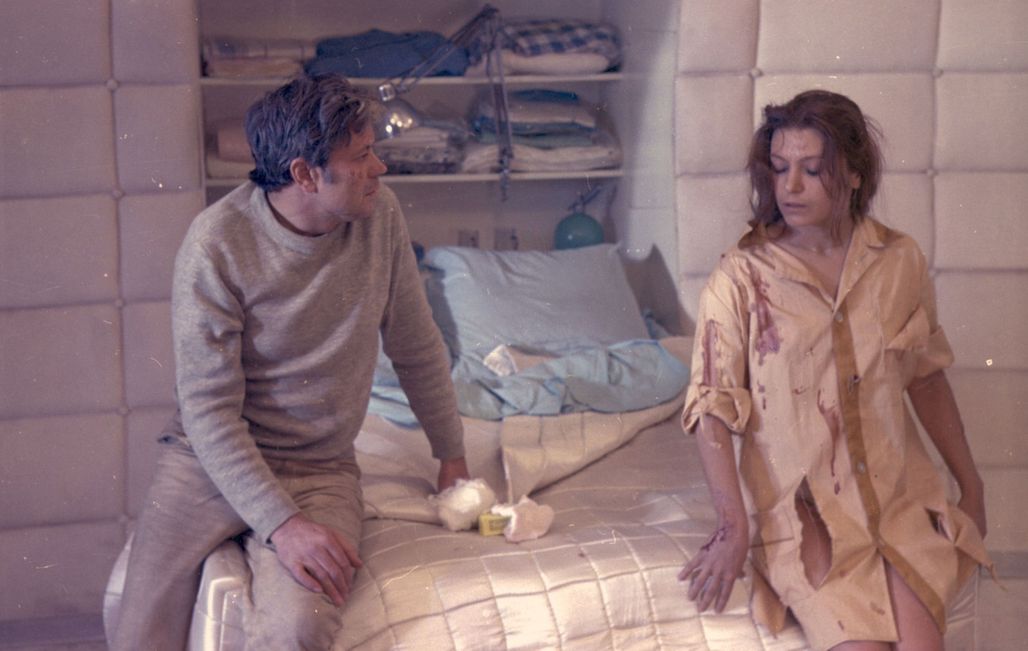
Solyaris (Solaris), Tarkovski’s anti-modernist response to Kubrick

Adapted from Stanilas Lem's eponymous novel, published in 1961, critics considered Solaris (1972) to be an anti-modernist response to 2001, A Space Odyssey, produced by Kubrick four years earlier. Here's a flashback to this particular episode.
Hailed as one of science fiction's masterpieces, 2001, A Space Odyssey, by Stanley Kubrick, never earnt the respect of Andreï Tarkovski because of its vision of the evolution of mankind, which he considered to be too distorted and modernist.
One of the filmmaker's most clear-cut criticisms of Kubrick's feature film was the "lack of emotional strength in the film", which he thought was cirbed due to the large number of references to technological progress.
"2001 is wrong in many aspects, even for specialists. If you want to produce a real work of art, you must eliminate falsehood", believes the Russian filmmaker, who qualified the American filmmaker's film as cold and sterile.
The “Soviet response” to Kubrick’s film
Tarkovski believes that nothing can be explained scientifically, and that mankind must evolve by first taming the forces that surround it.
He used Lem's work to place a somewhat unconventional love story at the heart of his film, with Kris Kelvin, a psychologist who is famous for his research, encountering the ghost of his dead wife.
The film expends a keen sense of suspense by playing with the soundtrack, the set and a very slow pace, which is sometimes marked by contemplation, as with its sublime introduction of shots of leaves and algae immersed in water.
Solaris gets to the heart of the theme of transcendence, and also differentiates itself from Kubrick's film with its conclusion, which is the exact opposite of the conclusion of 2001, A Space Odyssey.
When the feature film was released in 1972, the Cold War was in full swing. The press turned the film into the "Soviet response" to Kubrick's film. Solaris was awarded the Grand prix of the Festival de Cannes in the same year.


